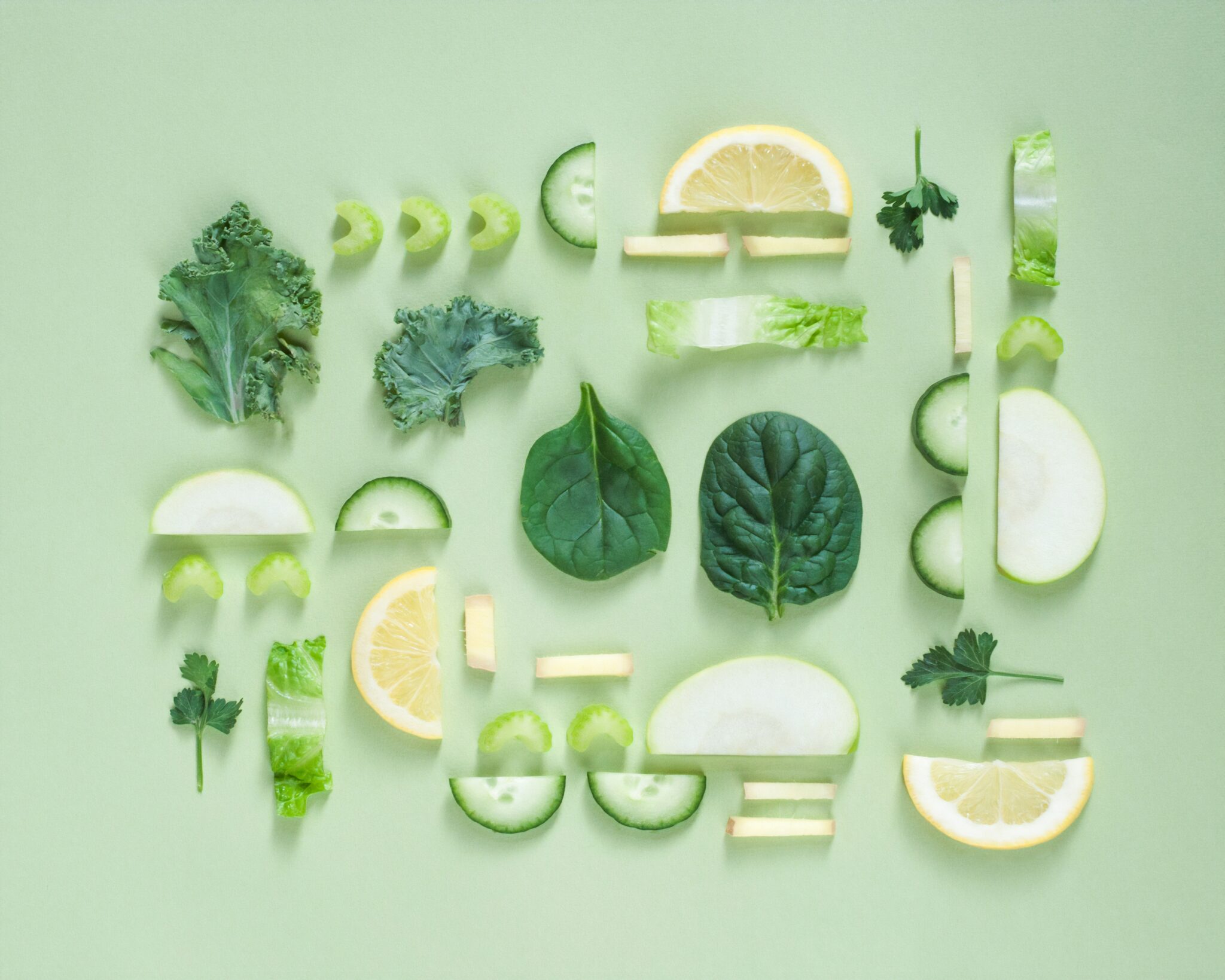It’s never easy writing about different diets or ways of eating and whether they are good or bad for you. People choose foods for a variety of reasons including moral, personal, health or reactional reasons. You might come across a wide range of opinions on whether a vegan diet is right for your health or if animal-based diets are our evolutionary standard.
I should emphasize right off the bat that this post will not focus on the morals behind consuming (or not consuming) animal products. I can bring no more insight into the debate of this highly polarising topic than the information that is already out there.
In this post, I’m going to discuss the health benefits (and drawbacks) involved when examining vegan diets vs. animal-based diets — focusing on the health benefits both day-to-day and in the realm of diseases.
Disclaimer: I have been eating a predominantly vegan diet for close to 3 years, and although I am not strict, I think that most people consume too many animal-based products on a day-to-day basis. (Think bacon for breakfast, burgers for lunch, and steak for dinner)

Is a Vegan diet Healthy?
Vegan diets have become all the rage nowadays. With more restaurants and grocery stores catering to vegans, you might think Vegans were taking over. But I can tell you, following a vegan diet can drastically optimize your health – but you need to eat plants, not just chips and gummy bears.
One indisputable fact is that plant-based foods are fantastic for our bodies. The doctor always said to eat your fruits and veggies – and for good reasons.
Is following a strictly vegan diet the best way to go for your body? That’s something everyone should find out. Specific diets may not be genetically compatible with your own body.
You may be wondering if cutting out meat and dairy is entirely optimal for your health – and I’ll touch on that further on in this post. Each body is different in what fuel (or food) it uses optimally. But for now, I want to focus on the reasons why it can be healthy for a general body.
The Positives of Vegan Diets
Because a vegan diet often tries to make up for the lack of animal products with nutrient-filled fruits and vegetables; people often can pull themselves out of certain nutrient deficiencies commonly found in western diets. Eating more nutrient-rich fruits and vegetables and decreasing (or eliminating) meat or dairy products can potentially reduce inflammation.
Studies have shown that a vegan diet can also reduce blood pressure. Considering an estimated 1 billion people worldwide suffer from hypertension, a vegan diet may save a lot of lives and allow us all to have a healthy heart.
Inflammation is the root cause of many illnesses and diseases. Now, this ultimately depends on the person and body in question. Someone shifting from a strict paleo diet to a vegan diet will not see a drastic difference. However, individuals switching from a McDonalds/fast-food based diet to a vegan diet will be astounded by the outcome and also doing a whole world of good for their body.

The Negatives
Now that I’ve listed several positives let’s discuss the negatives of vegan diets (yes, there are some). You’ve probably heard the famous statement “You don’t get vitamin B12 from a vegan diet”. Maybe you’ve even heard vegan diets also tend to lack iron, calcium, and zinc, or what’s your source of protein. While this can be true, it is highly dependent on the type of plant produce you consume.
Let me explain, as this can get a little more complicated than just assuming ‘vegan diets lack these vital nutrients.’
Not All Vegan Diets Are Good
Lastly, it’s important to note that not all vegan diets are healthy.
Technically a plate of french fries and ketchup is vegan, but that does not mean it’s healthy, far from it. It’s important to eat a balanced diet of whole foods to achieve the best results possible. And remember to read the ingredients list on the back of your packaged goods. If you don’t understand the information on the label, head to the Holistic Lifestyle Refresh to learn what it all means!
Bonus points: Vegan diets have potential tremendous environmental benefits. But I won’t get into that here.

Is an Animal-Based Diet Healthy?
Unfortunately, this is not a cut and dry subject. It all comes down to the types of animal products you are consuming, your genetics, and even your environmental makeup. Again, there are both positive and negative effects of eating an animal-based diet. Nothing is ever just straightforward.
The Positives
Animal protein contains the nine essential amino acids that your body cannot produce on its own. Obtaining these amino acids on a vegan diet is still possible but will require careful planning. Whereas, on an animal-based diet, having a small portion of fish or some organ meat can meet your daily protein requirement in addition to a whole host of other nutritional benefits.
Getting a jammed-packed meat-based nutritious meal from one sitting can work well if you are a picky eater or not willing to stick to a well-balanced vegan diet.
Now, you probably won’t like hearing this, but certain parts of the animal are more nutritious than others. Hint: it’s perhaps not the part you enjoy eating.

The Negatives
It’s no surprise that in today’s western world animal products are consumed far too much. I mentioned this previously, and it doesn’t hurt to say it again, but The China Study concluded that the more plants you eat, the healthier you will be, overall. It discussed the scientific evidence that high meat consumption and the poor quality of meat products westerners often eat can have adverse effects on our bodies and our health.
When I say poor quality, I mean highly processed, factory-raised, hormone injected, and fatty meats. For example, the World Health Organization has recognized processed meats as a carcinogen [2]. Again this may be a concern if you are in the at-risk category of cancer.
Conclusion
From this post, I hope you understand that no one size (or diet) fits all. As a general trend, most people in the west can – and should – cut down on the number of animal products they consume. Decreased animal consumption will optimize your health and aid in having a more environmentally friendly life.
Dependent on your body and nutrigenetics, a percentage of the population may easily be able to eliminate animal products out of their diet with little to no consequence. Conversely, it may be essential for others to keep nutritional animal body parts in their diets (including organ meats and broth). This conclusion stipulates that they consume, only, what their body requires and never in excess.
An important consideration is discerning if there is an illness or disease present. If so, would a plant-based vegan diet be the most beneficial for optimal health? Or is eating nutrient-dense meat products a necessity? Once you’ve uncovered what your body needs, there is so much, you can do to improve your health through educated food choices.
Gut Health For All
In this post we’ve talked a lot about specific diets. One diet may be better for one person than another, but one thing we can be sure of is that every single person requires good Gut Health. Do you want to know more? Signup now for the Gut Health For All freebie, and start you journey to a healthier life.

There is so much more I would love to cover relating to this topic including – dairy’s effect on the human body, the environmental cost of animal farming and the ethical reasons related to animal farming – but all in good time! Lookout in the future for posts around these topics.
Like this post? Pin it!

